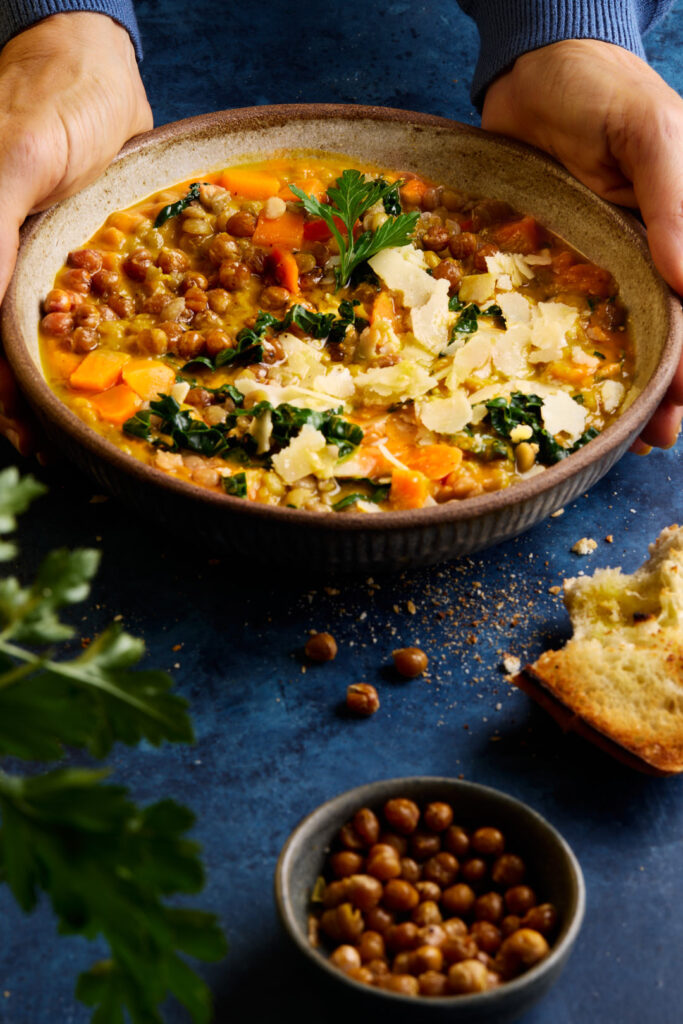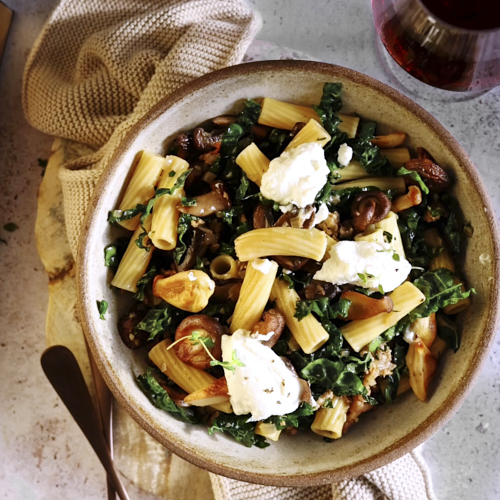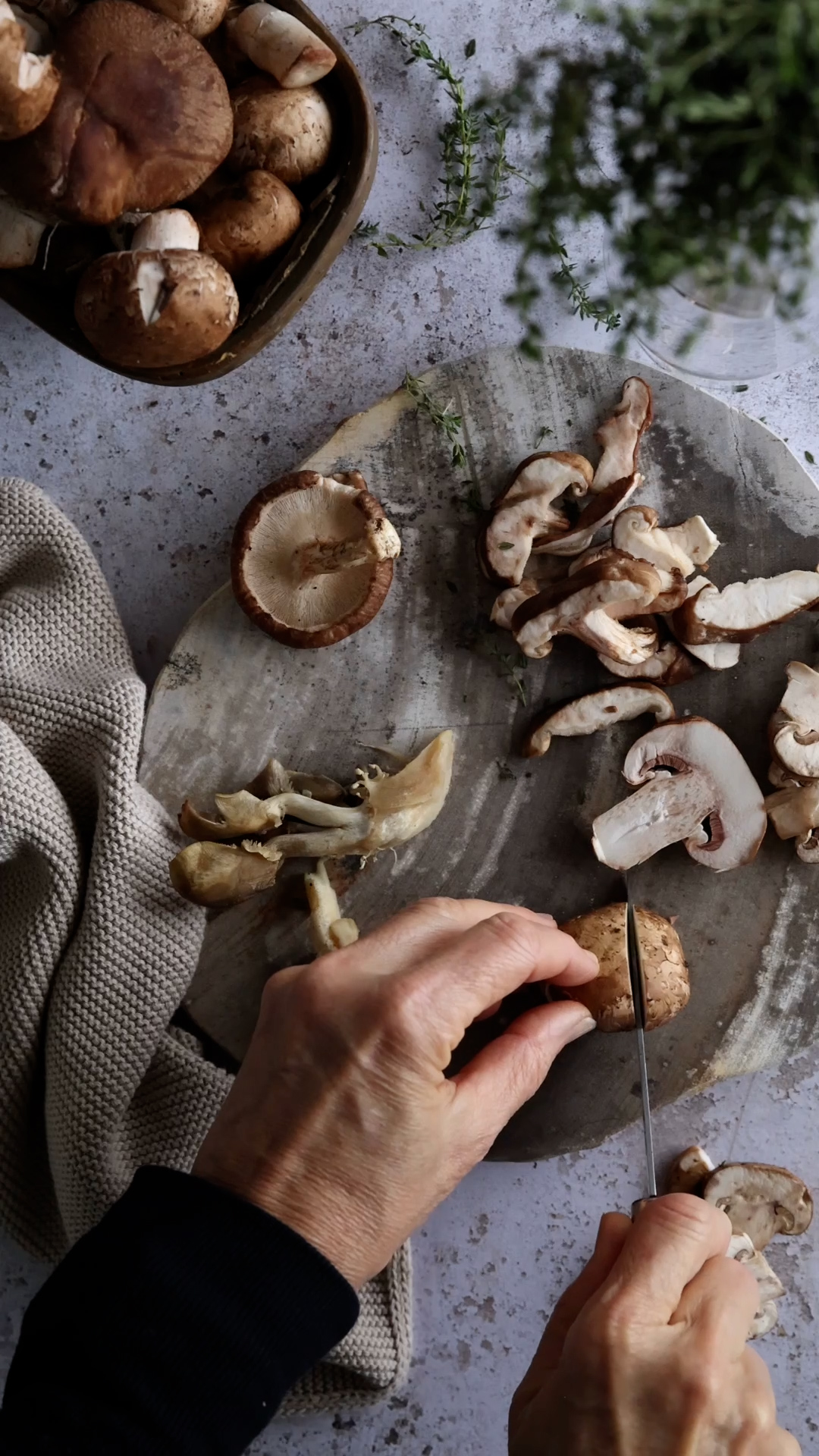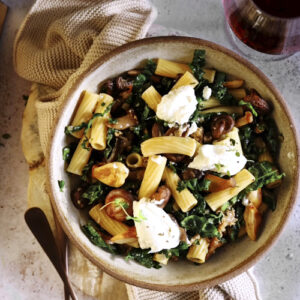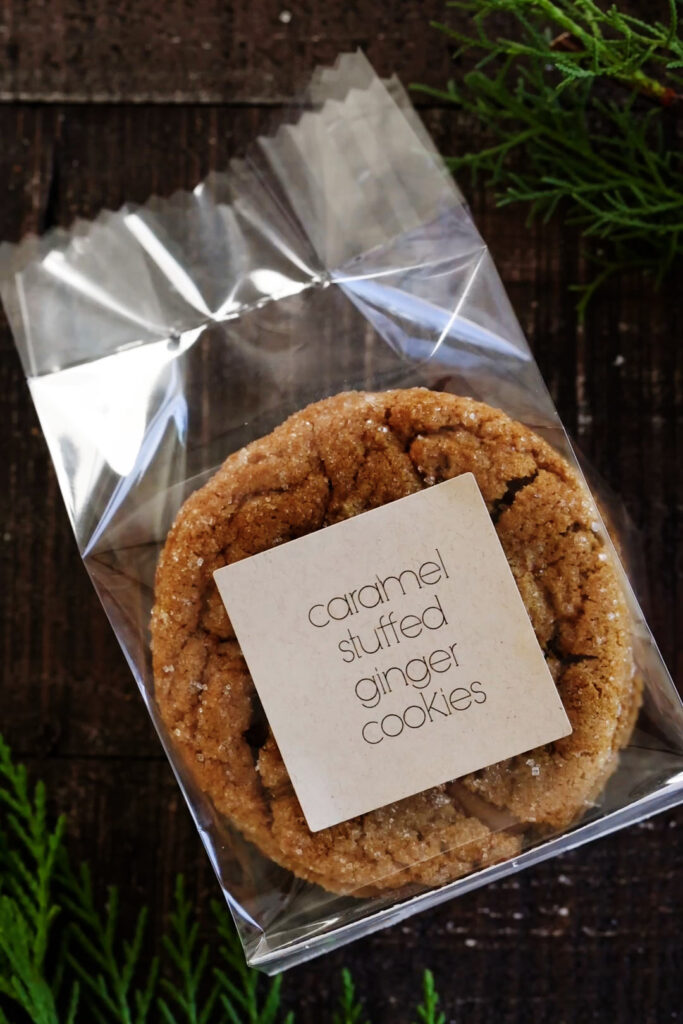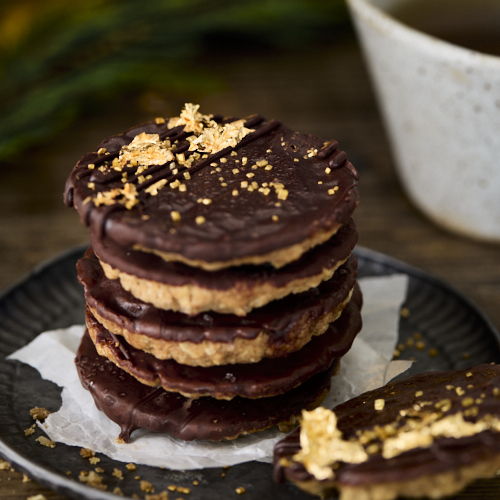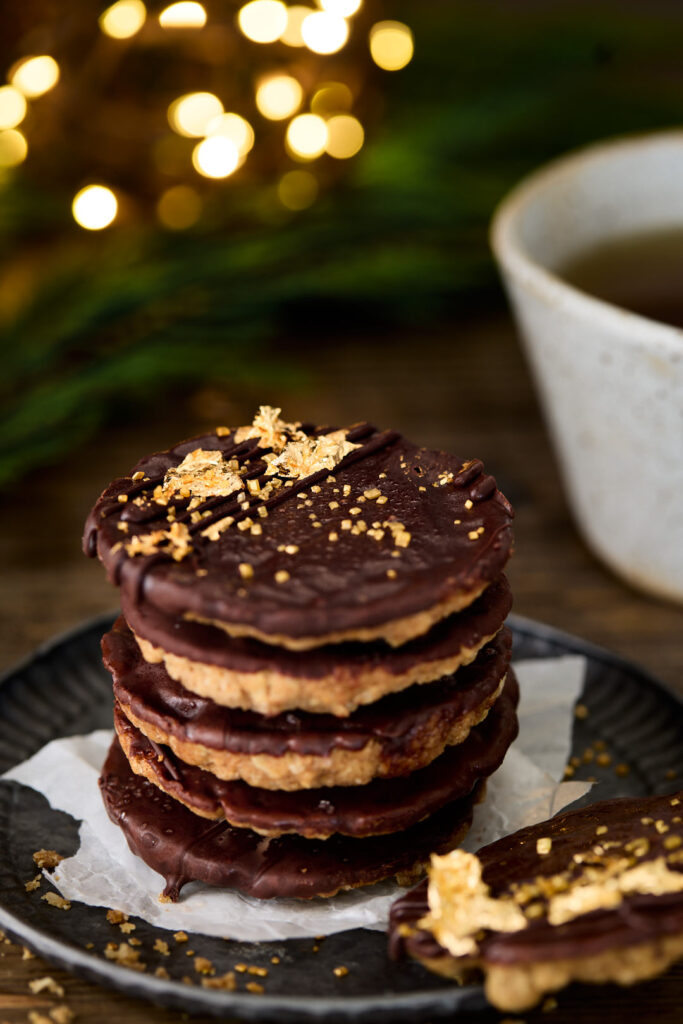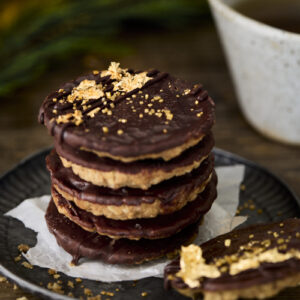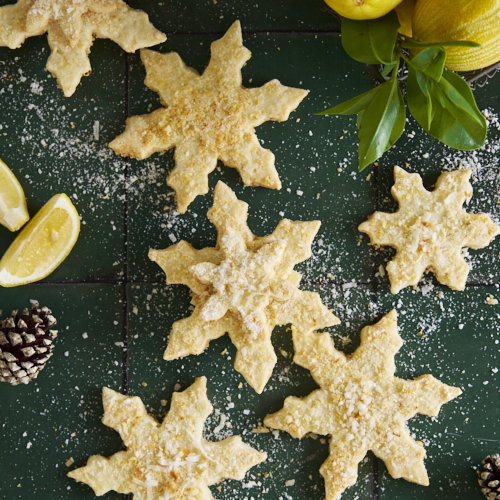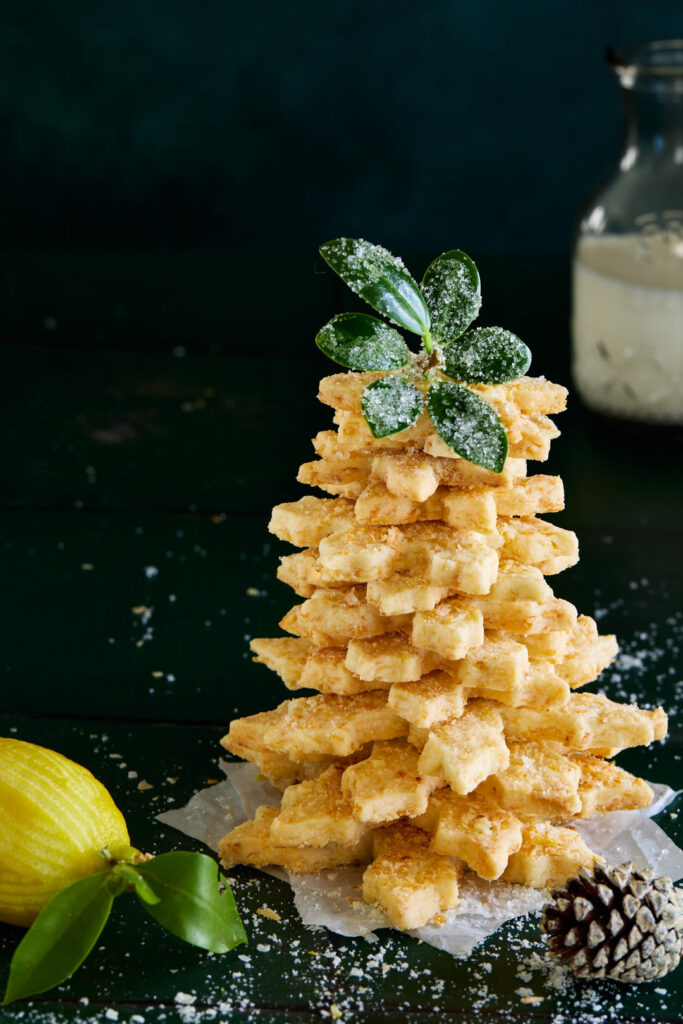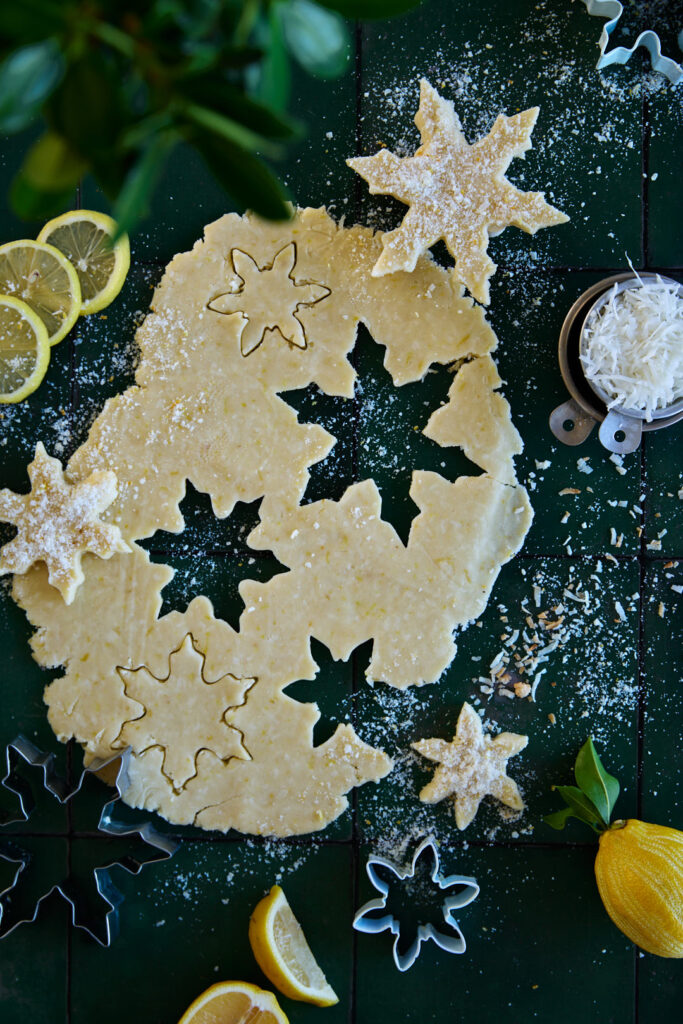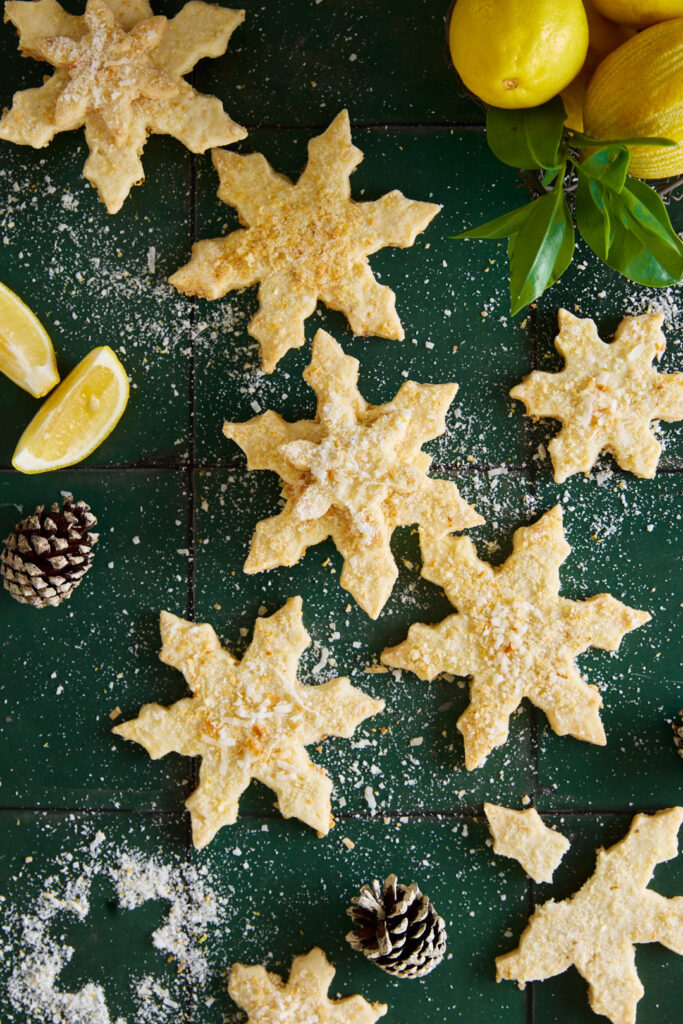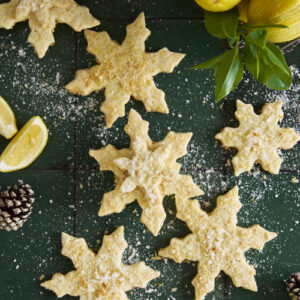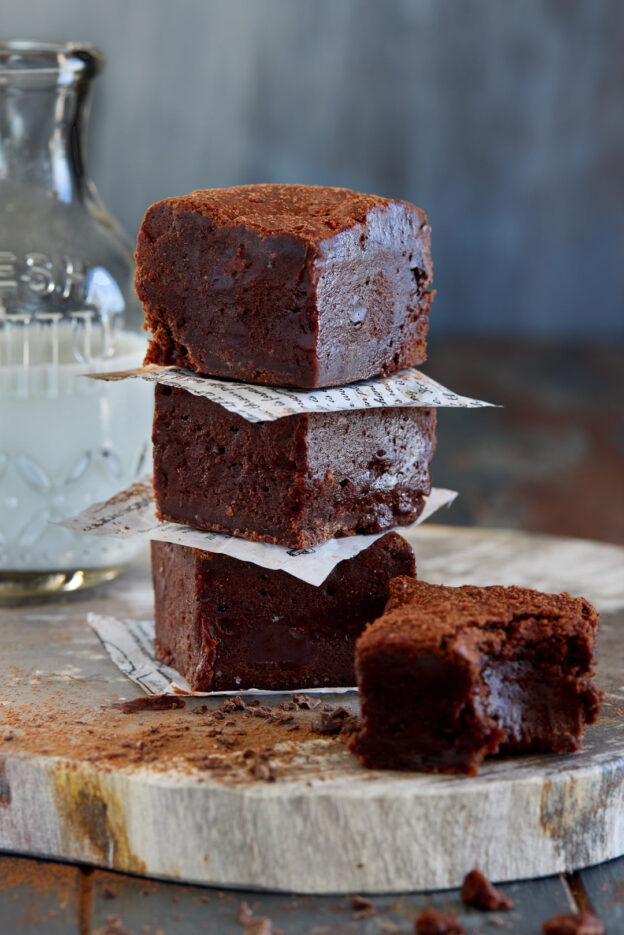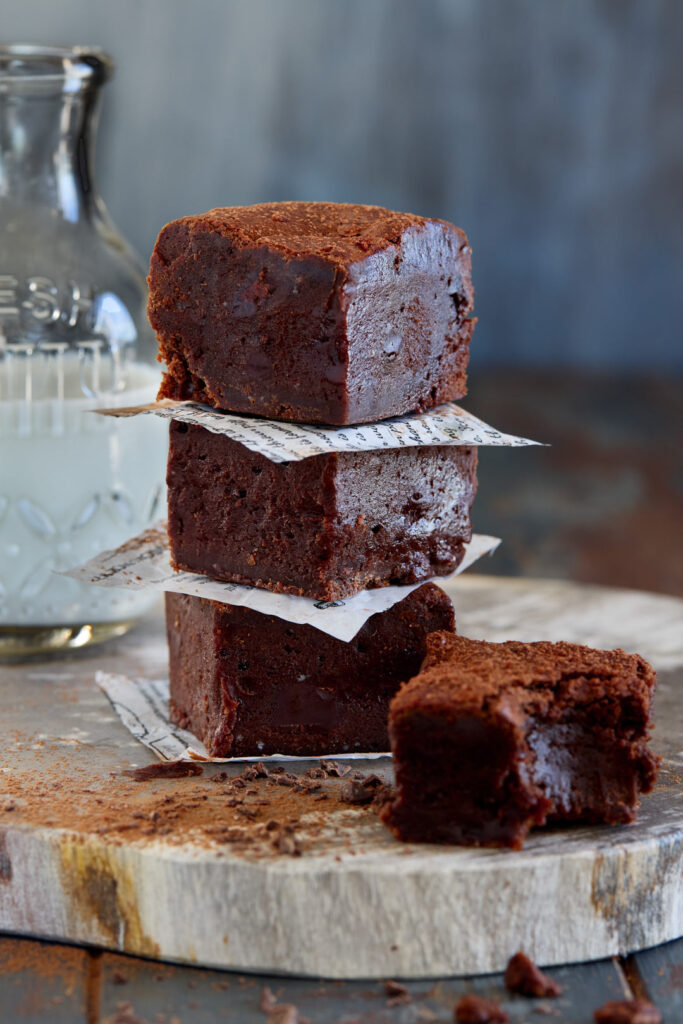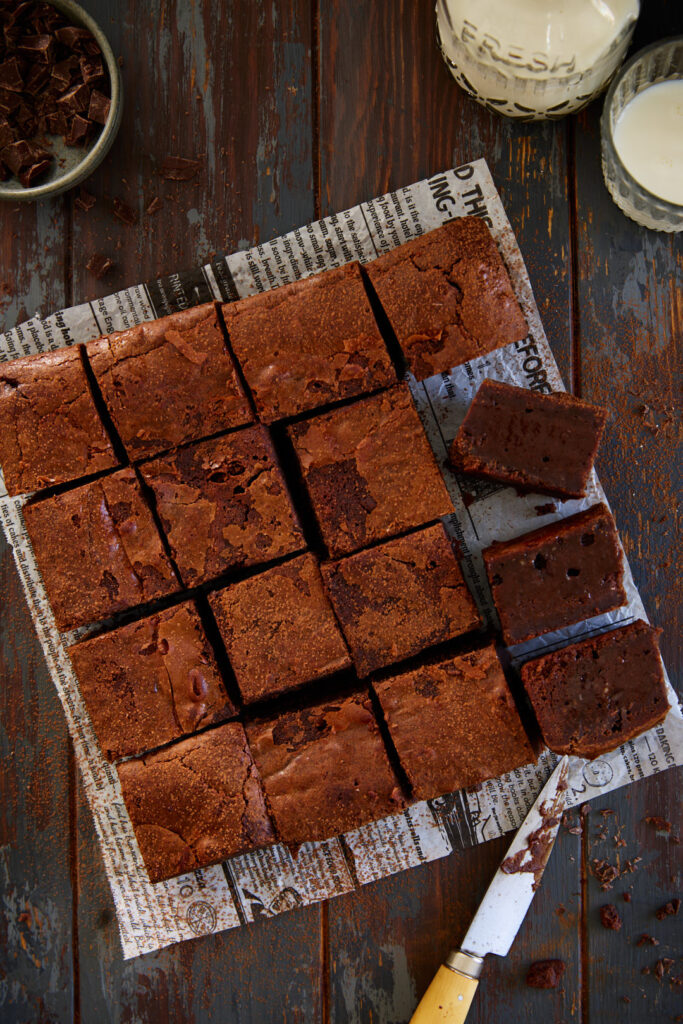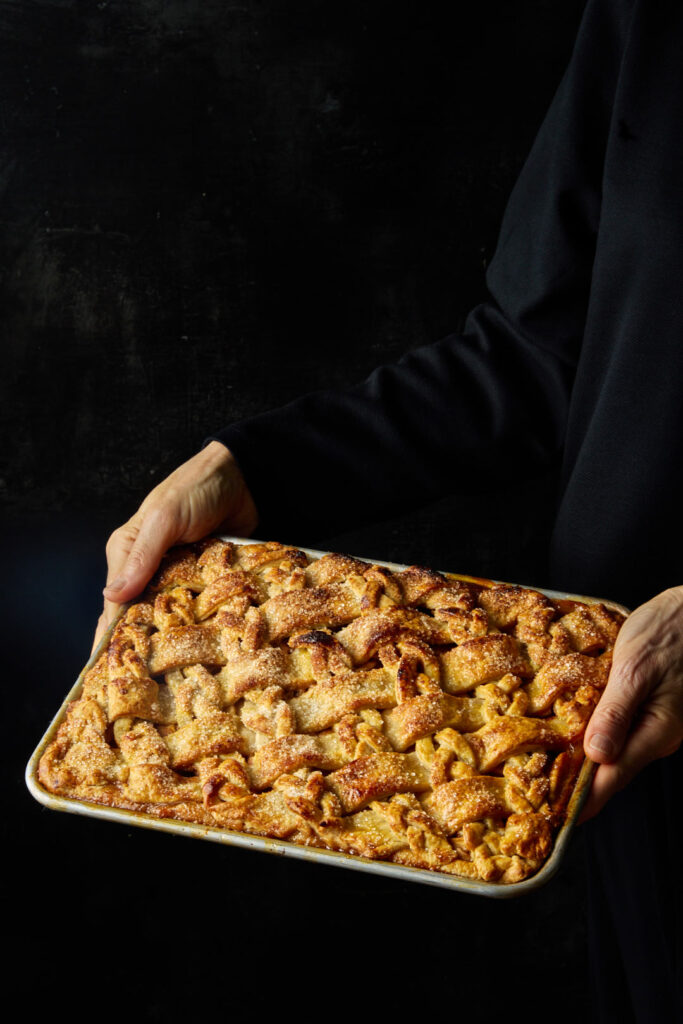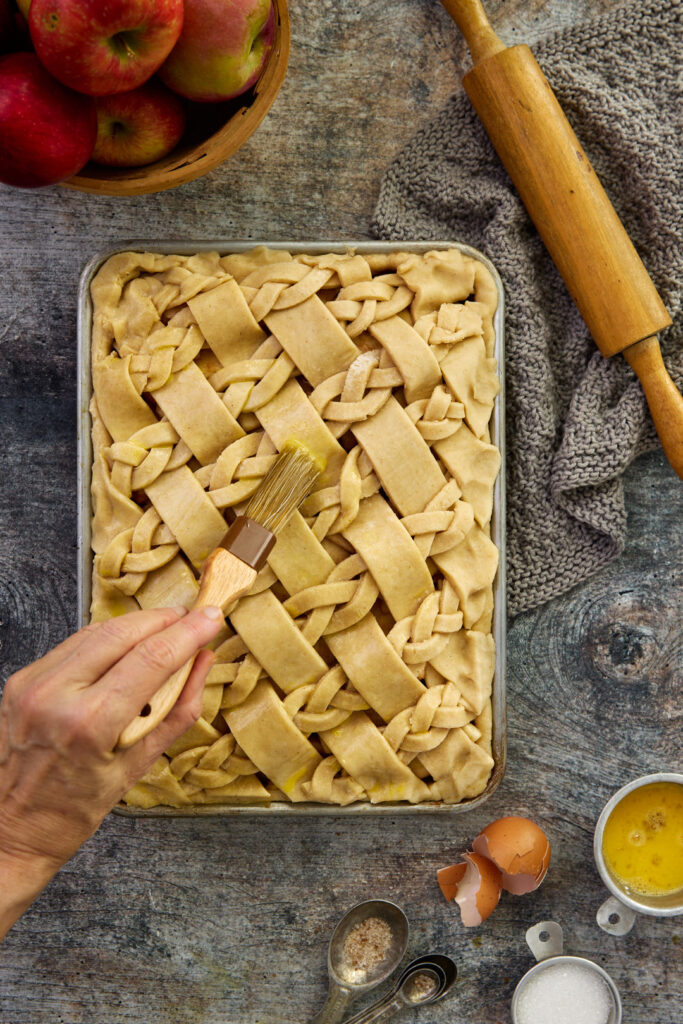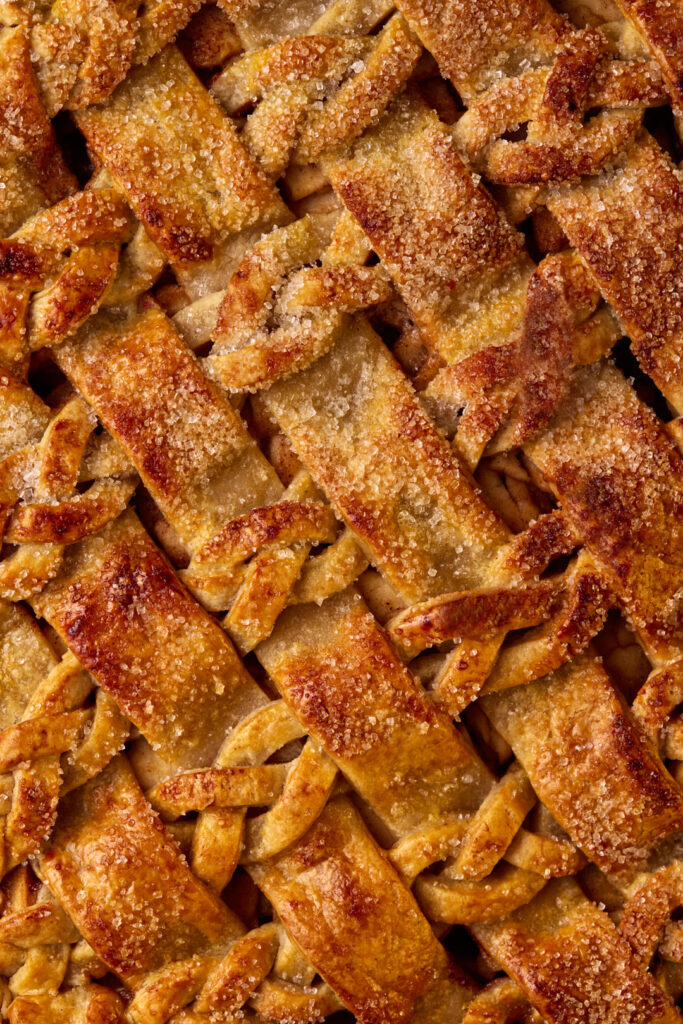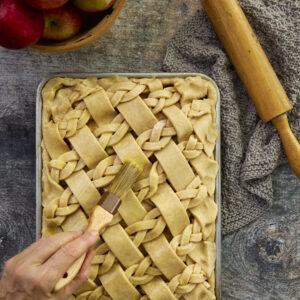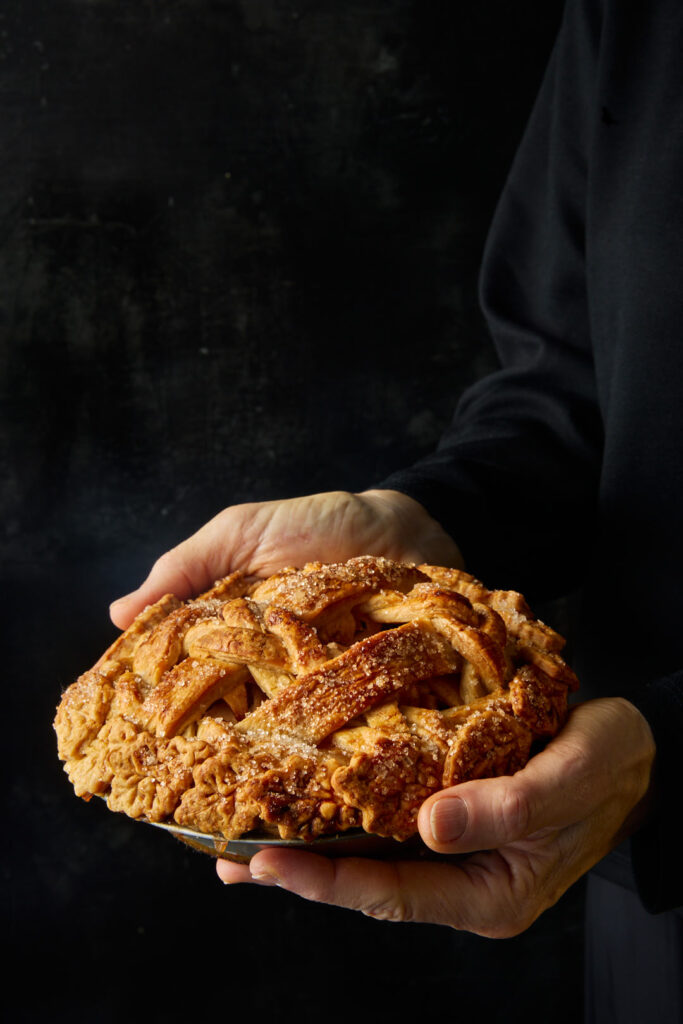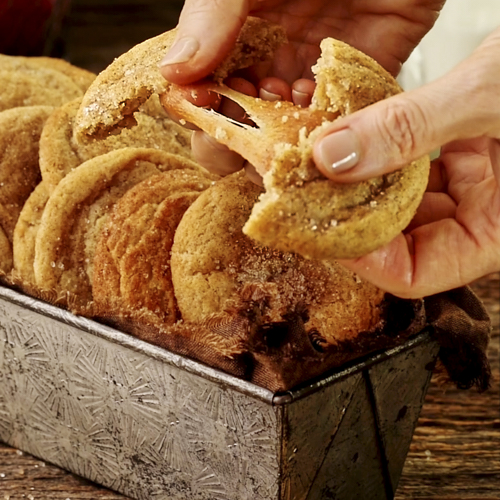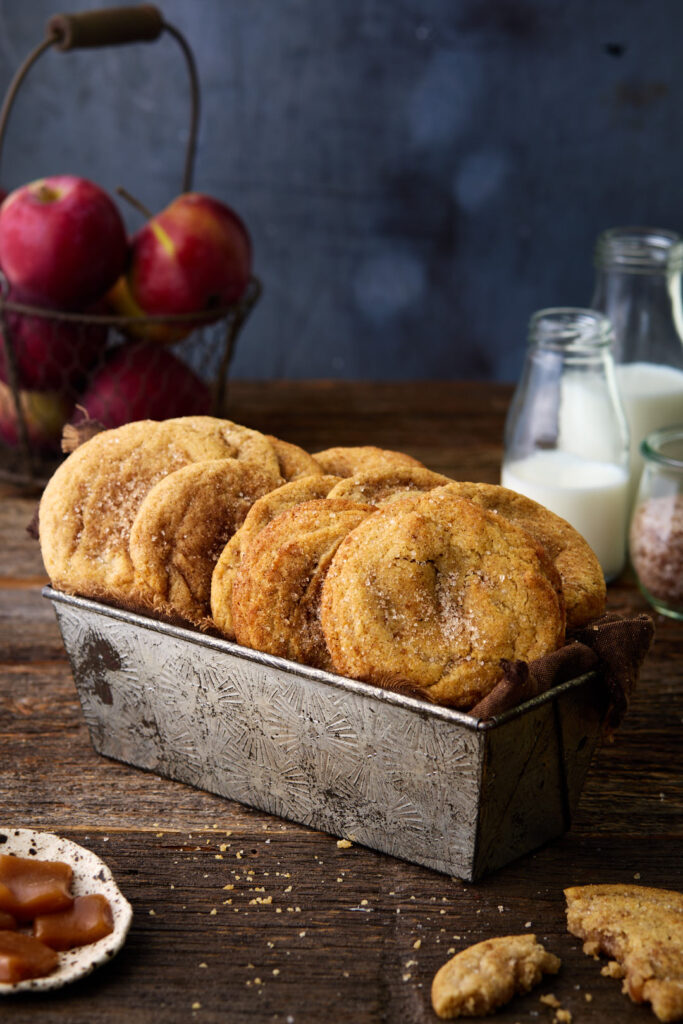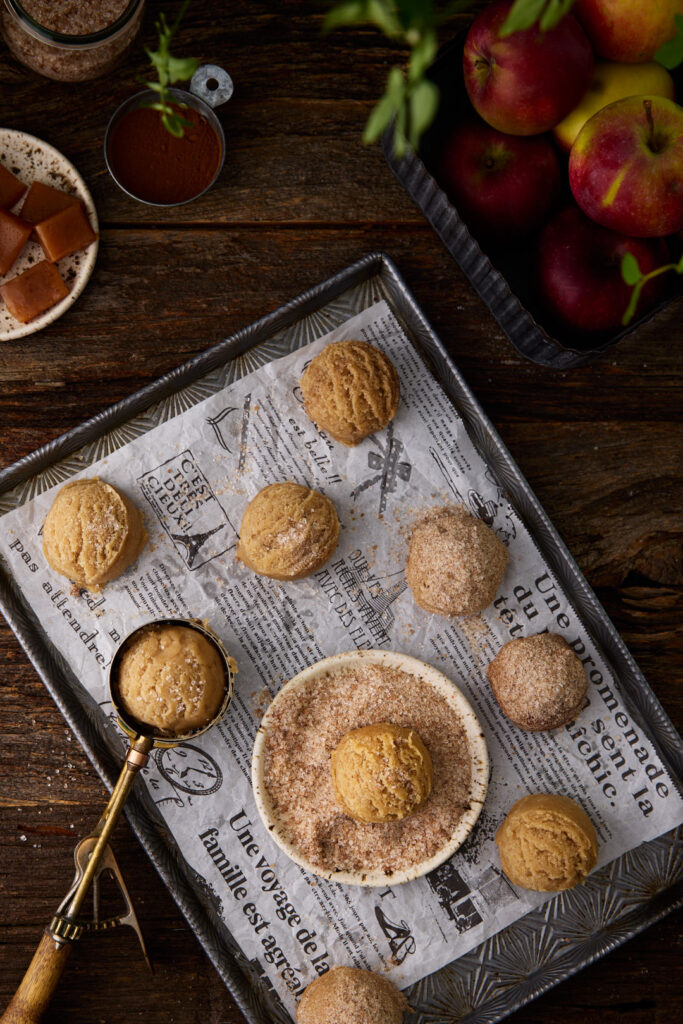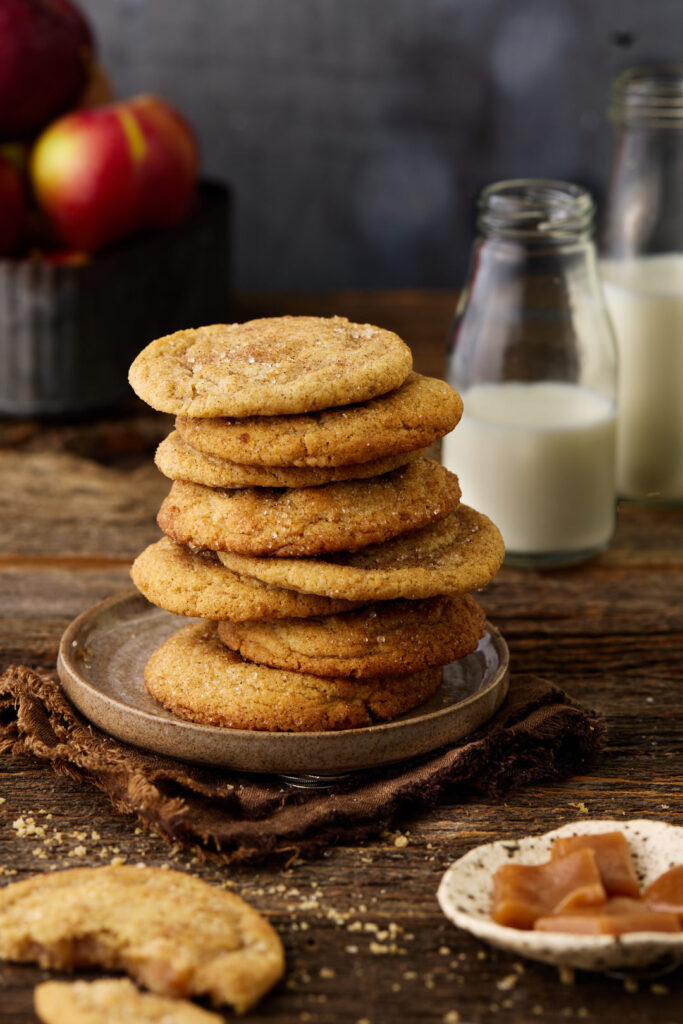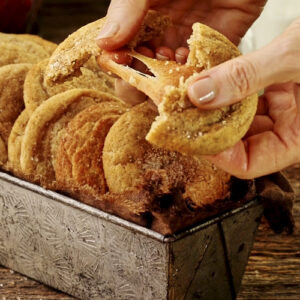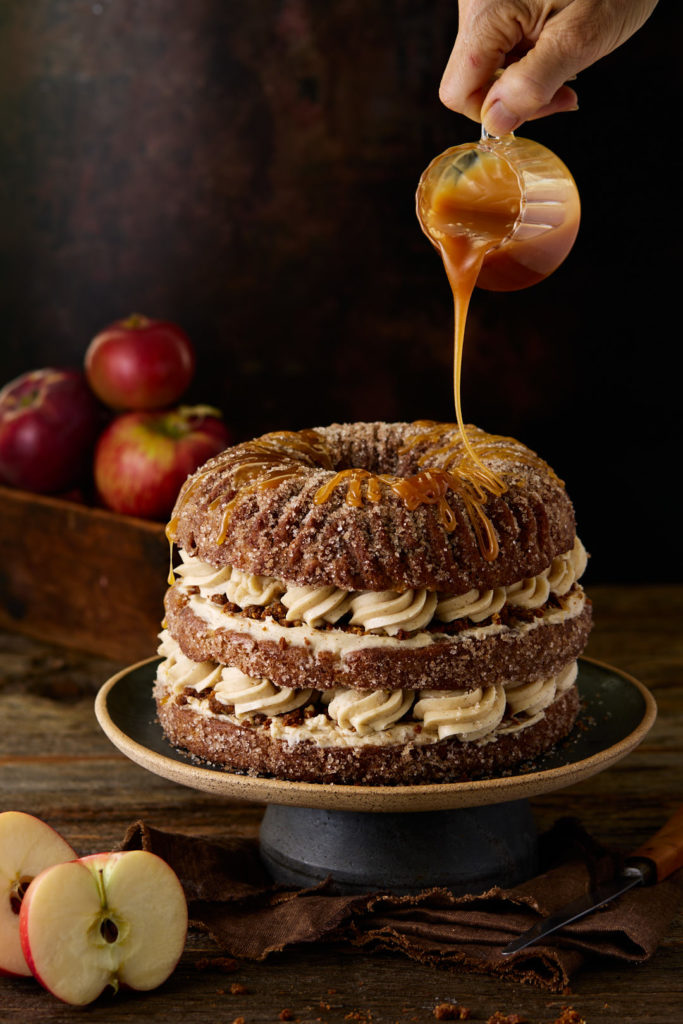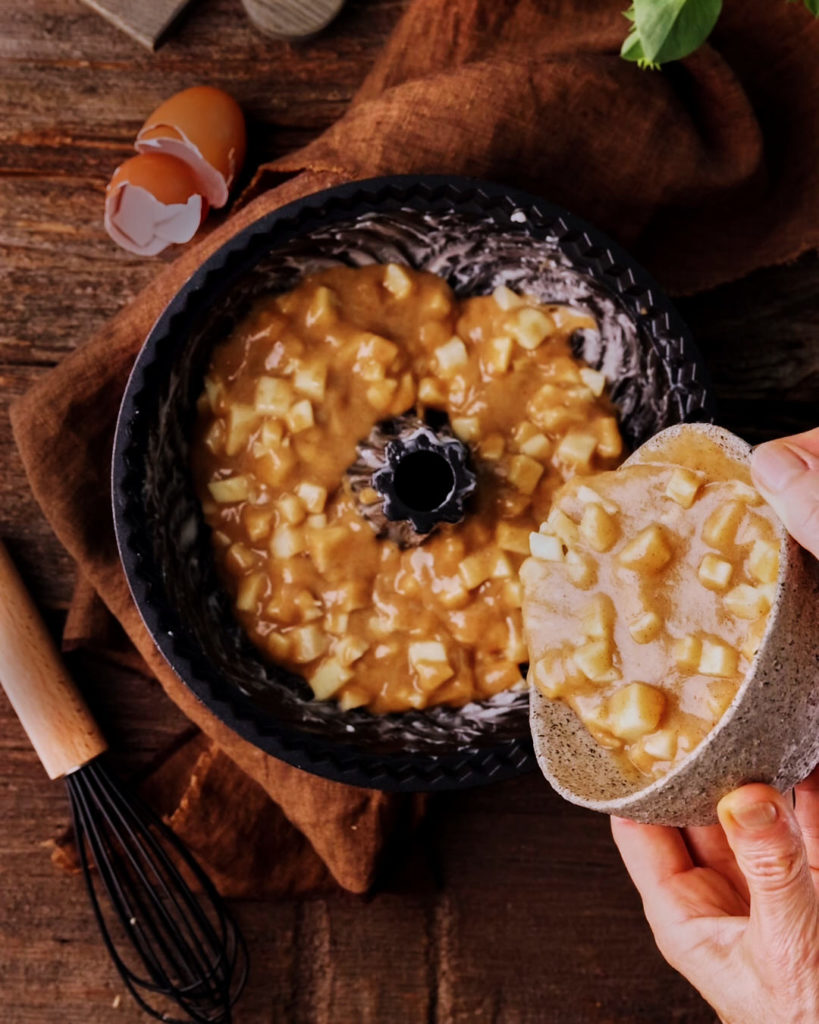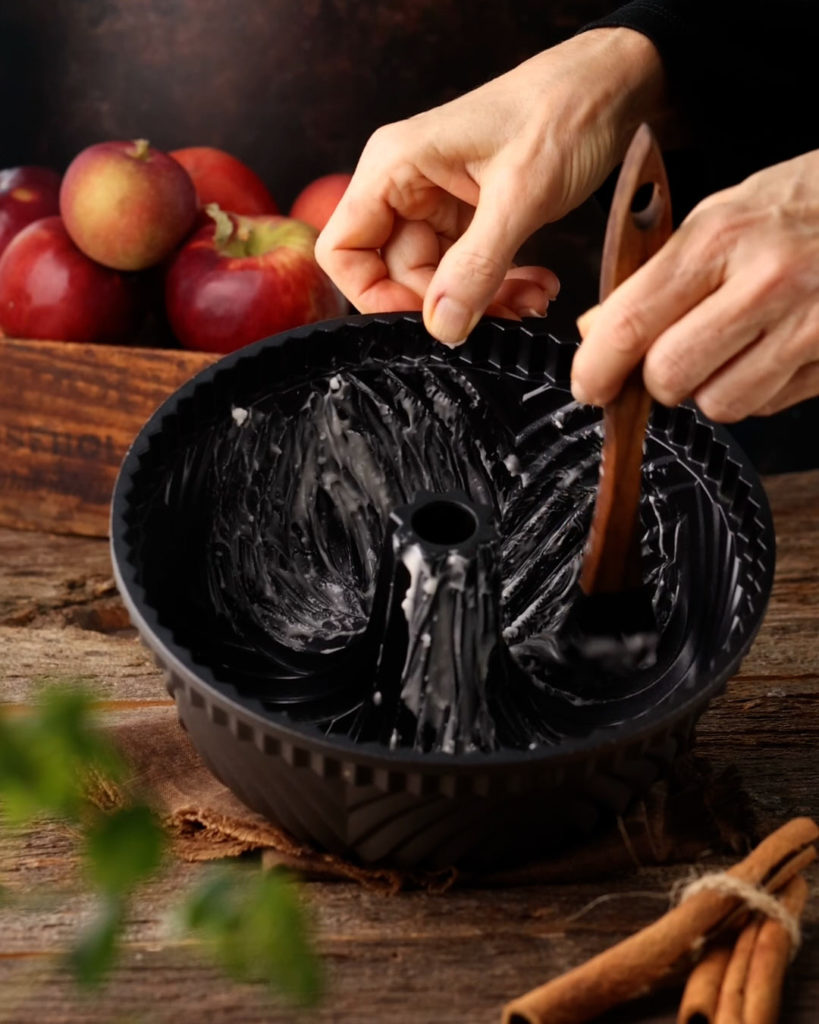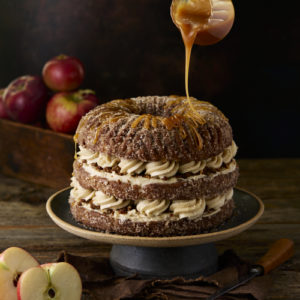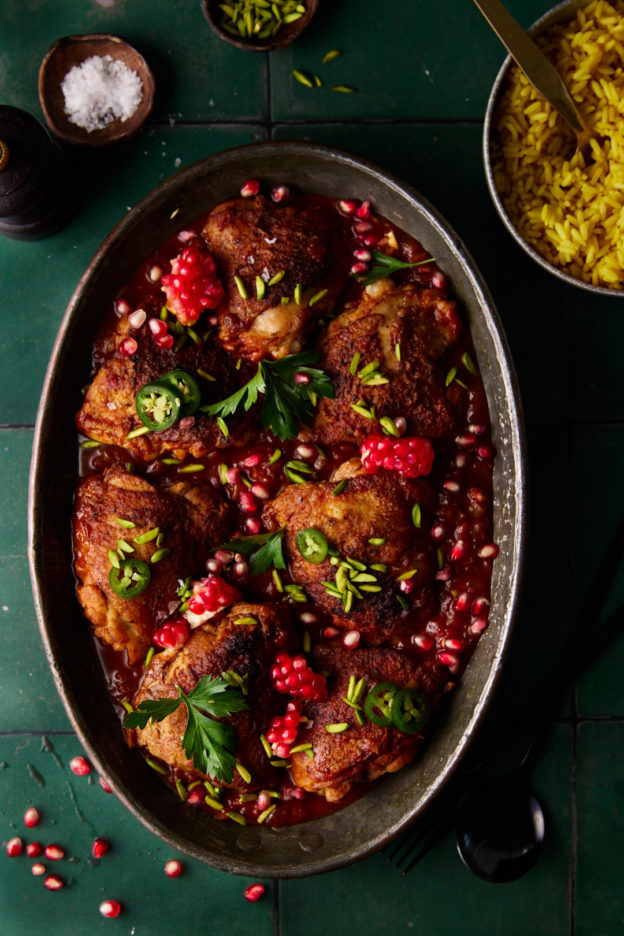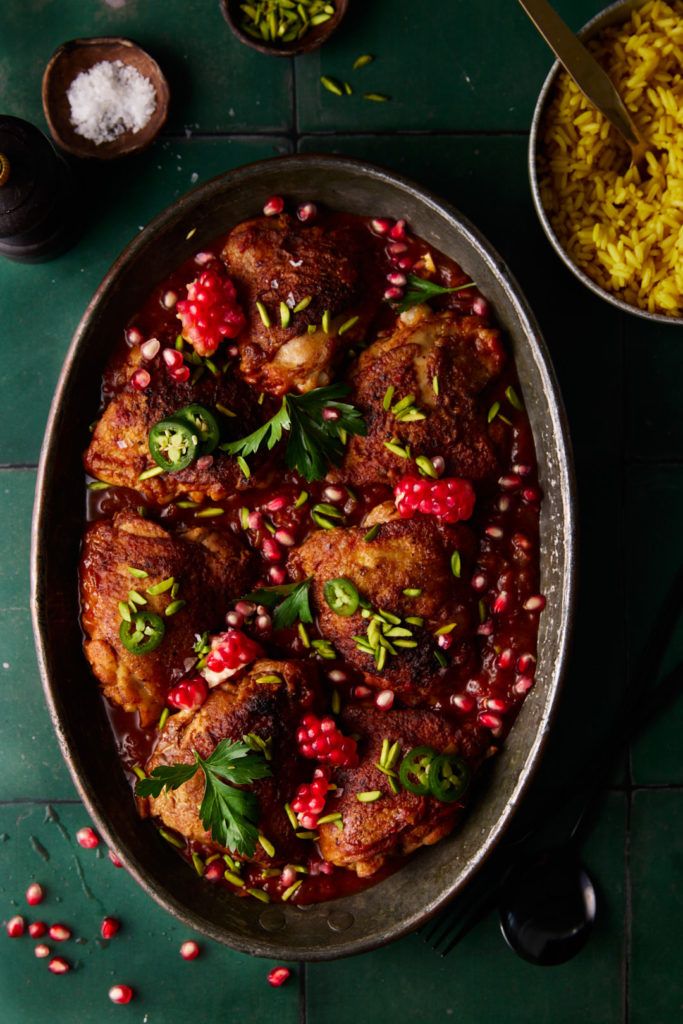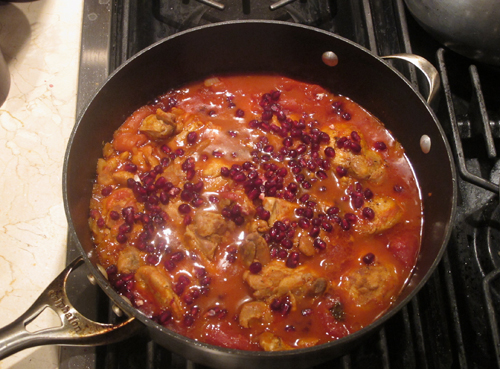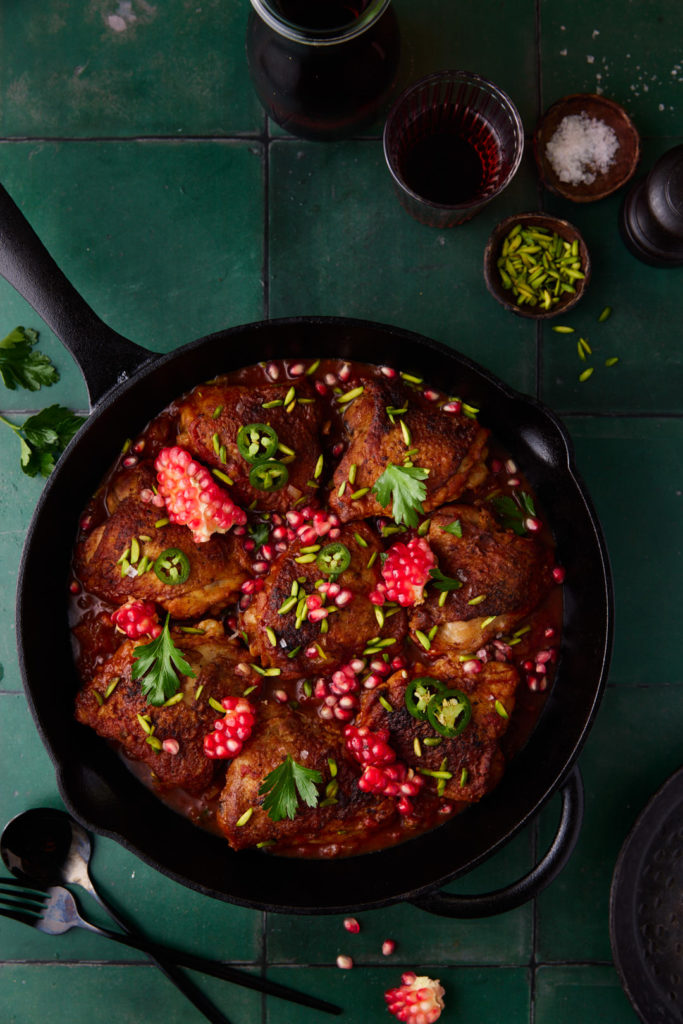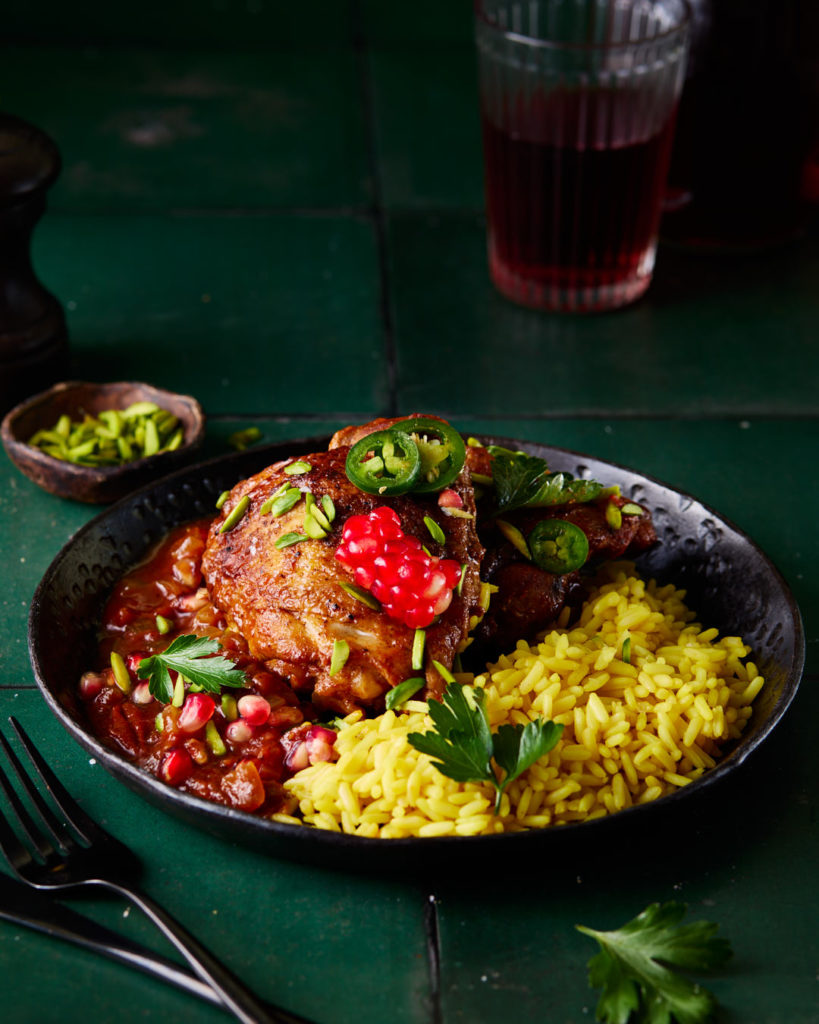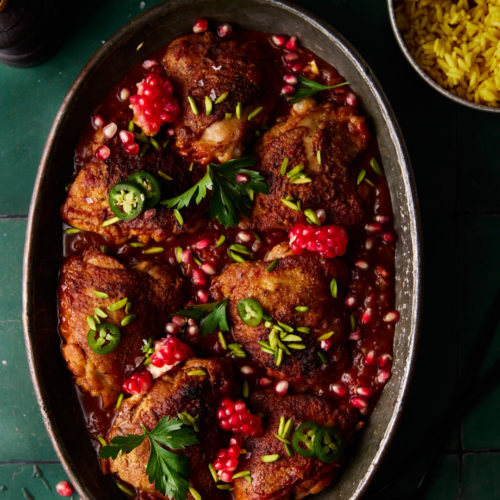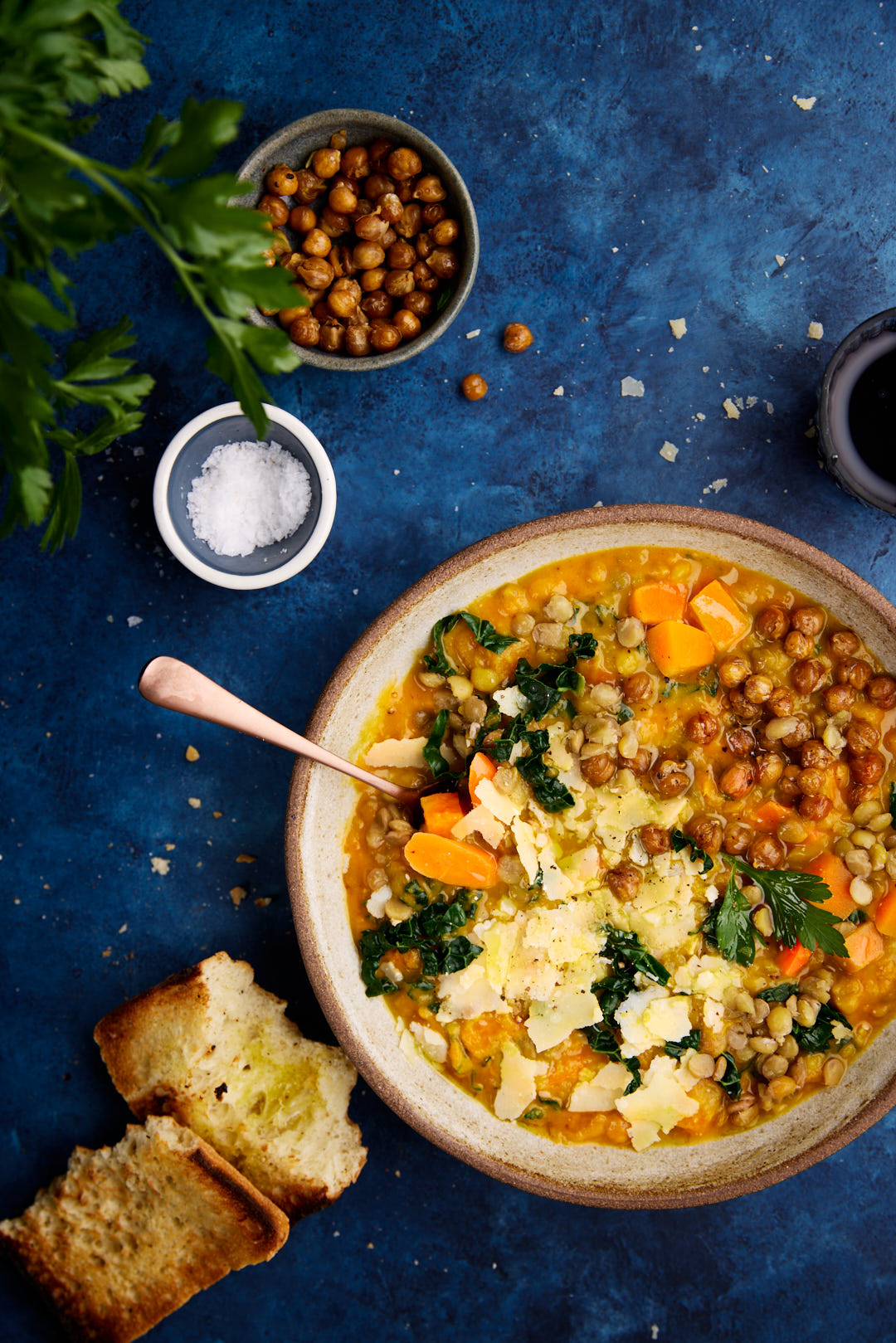
Whenever I serve soup for dinner, my husband gives me a look—the kind that says, ‘Nice appetizer… but what’s for the main course?’ Challenge accepted sweetie. This Lentil and Root Vegetable Power Soup isn’t just a starter; it’s a full-blown, protein-packed, stick-to-your-ribs meal. Loaded with lentils, split peas, and all the best winter veggies, this bowl means business. And because we’re not monsters around here, I always serve soup, with toppings. For crunch and funk I added crispy, spiced chickpeas and a flurry of Parmesan.
Protein rich diets are all the rage now. Curious to learn more about how much protein you actually need? Check out this New York Times article. Think eggs are the best choice for a high protein meal? Check out these alternate suggestions.
This lentil and root vegetable power soup weighs in at a whopping 25 grams of protein and 24 grams of fibre. I used all the orange winter veggies, (carrots, sweet potatoes and butternut squash), but this soup is entirely customizable.
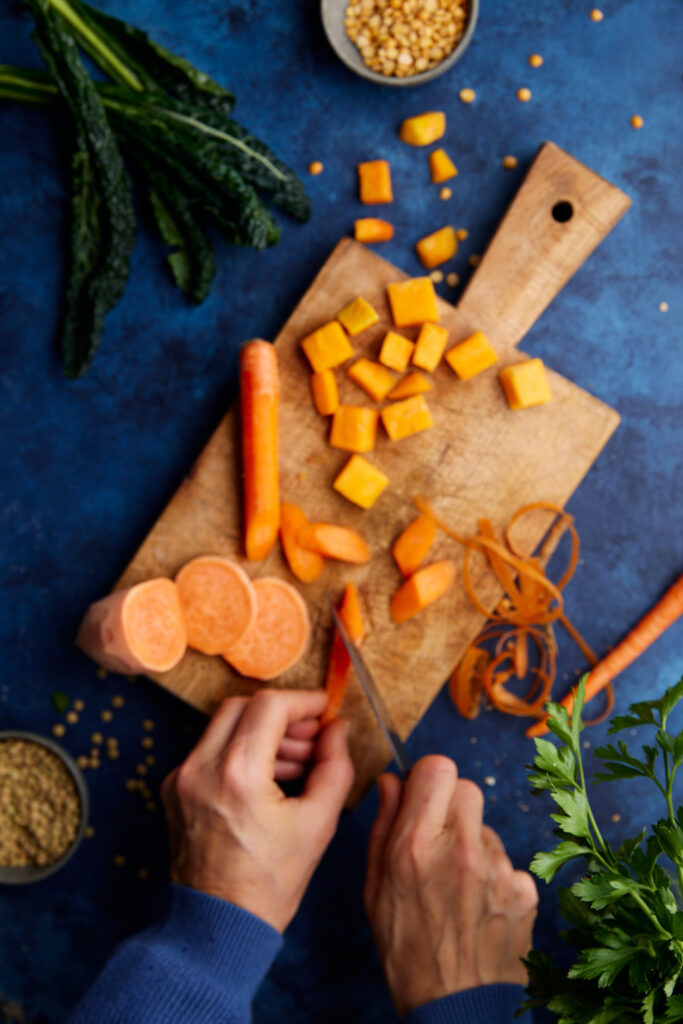
Tips to Success for Lentil and Root Vegetable Soup
- Blend for the best texture – Blending about a third of the soup gives you that perfect balance of creamy and chunky, so every bite is satisfying.
- Brown the tomato paste – Don’t just stir it in—let it cook with the onions until deep and caramelized. This adds a rich, umami-packed depth of flavor.
- Choose the right lentils – Green or brown lentils hold their shape, giving the soup texture. Red lentils? They go mushy, so save those for a different dish.
- Double up on legumes – Adding yellow or green split peas alongside the lentils makes the soup extra hearty and layered with flavor.
- Stock matters – For the best taste, use a good-quality veggie broth. My go-to is Better Than Bouillon for maximum richness.
- Garnish like you mean it – Don’t skip the crispy spiced chickpeas and shaved Parmesan! The chickpeas bring crunch, and the Parmesan adds salt and a little funk. They’re the difference between ‘just soup’ and ‘wow, this is dinner!’
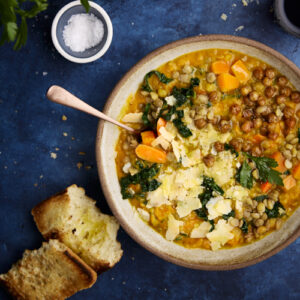
Lentil & Root Vegetable Power Soup
Ingredients
Soup
- 1 large yellow onion, about 350 grams, peeled, halved and finely diced
- 1 Tablespoon olive oil
- 4 cloves garlic, finely chopped or grated with micro plane grater
- 2 inches fresh ginger root, grated with micro plane grater
- 2 Tablespoons tomato paste
- 1 teaspoon Aleppo pepper, or 1/4 teaspoon red pepper flakes
- 1 teaspoon ground cumin
- 1/2 teaspoon ground coriander
- 1/4 teaspoon turmeric
- 1 teaspoon Diamond Crystal Kosher salt, or 1/2 teaspoon Morton's Kosher salt
- 1 small butternut squash, about 800 grams, peeled, seeded and cut into 1/2 inch dice
- 1 large sweet potato, about 400 grams, peeled and cut into 1/2 inch dice
- 4 large carrots, about 350 grams, peeled ans cut into 1/2 inch dice
- 200 grams green lentils, about 1 cup
- 200 grams yellow split peas, about 1 cup
- 8 cups vegetable stock or water
- 2 Tablespoons olive oil
- 175 grams Lacinato kale (also called Tuscan kale or black kale), about 1 small bunch
Garnishes:
- 400 grams chick peas, rinsed and drained
- 2 Tablespoons olive oil
- 1 teaspoon Aleppo pepper, or 1/4 teaspoon red pepper flakes
- 1 teaspoon ground cumin
- 1/2 teaspoon Diamond Crystal Kosher salt, or 1/4 teaspoon Morton's kosher salt
- 100 grams Parmesan reggiano cheese, grated on large holes of box grater
- 3 Tablespoons red wine vinegar
Instructions
Soup
- Heat 1 tablespoon olive oil in a large, heavy bottom pot or Dutch oven. Add diced onion and cook over low heat until softened, about 5-6 minutes. If onion starts to burn, add a a few tablespoons of water.
- Add garlic and ginger and saute on low for another 2 minutes, stirring well. Add tomato paste, Aleppo pepper, cumin, coriander, turmeric and salt and stir well. Cook for 2-3 more minutes
- Add squash, sweet potatoes and carrots and mix well. Continue sautéing on low heat for another 3 minutes.
- Add lentils, split peas and stock or water. Bring to a boil, reduce heat to low and simmer for 40-45 minutes until lentils and peas are tender.
Roasted Chickpeas
- While soup is simmering, preheat oven to 400°F. Line a sheet pan with parchment paper. Place rinsed and drained chickpeas on baking sheet. Drizzle with olive oil and sprinkle with Aleppo, cumin and salt. Use your hands to mix everything so that the chickpeas are coated evenly. Roast for 23-30 minutes until crispy. Set aside as a garnish for the soup.
Finishing soup:
- Ladle about 1/3 of the soup into a blender. Puree until smooth. Drizzle in 2 tablespoons olive oil and blend until mixed in. Pour pureed soup back into pot and mix soup.
- Wash kale leaves. Strip kale leaves from stem. I find the tip of a paring knife is the best job for separating the leaf from the stem. Discard stems. Pile the leaves up and use a sharp chef's knife to slice across into 1/4 inch strips. Mix kale into soup and stir well. The heat from the soup will wilt the kale.
- Ladle soup into bowls. Mix 1 teaspoon of red wine vinegar into each serving. Garnish with parmesan cheese and some crispy chickpeas.
Nutrition
